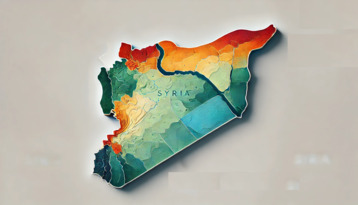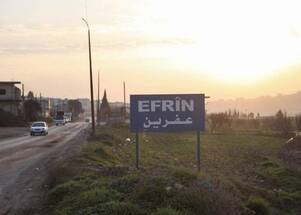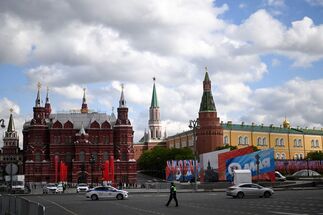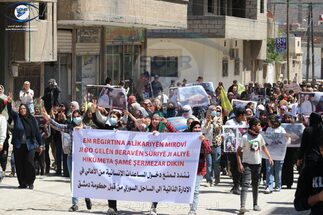-
Hassan Nasrallah denounces Kuwait's proposals but backs Lebanon-Gulf dialogue
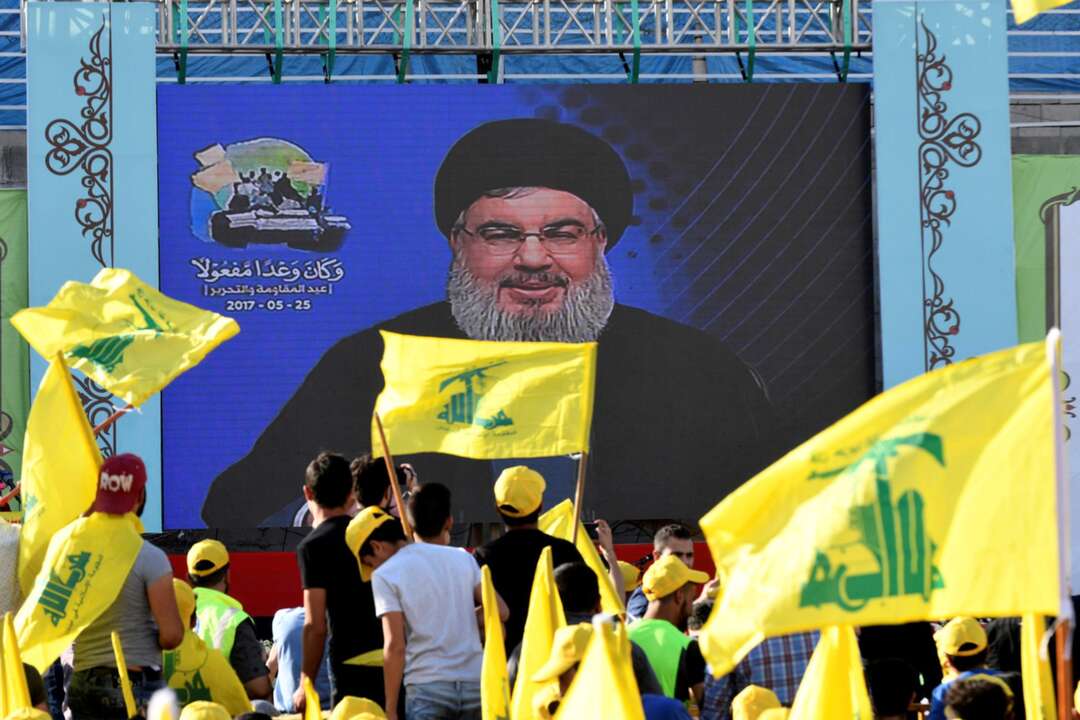
The National News reported, the head of Lebanon’s Iran-backed Hezbollah militant group said on Tuesday he was against a list of proposals as part of Kuwait’s mediation aimed at repairing ties between Lebanon and Gulf Arab states.
But Hassan Nasrallah said he was in support of dialogue efforts.
He described the Kuwaiti list of proposals and conditions brought forward for Lebanon as “dictates”. The proposals have resulted in strained ties recently, largely over what they say is Hezbollah’s growing influence.
Mr Nasrallah said in an interview on Iranian TV channel Al Alam: “Lebanon is a sovereign country and should not be sent dictates."
The terms delivered to Beirut on January 22 included setting a time frame for implementing UN Security Council resolutions. They included Resolution 1559, adopted in 2004, which calls for the disarmament of non-state militias in Lebanon.

The initiative’s conditions also included halting drug smuggling from Lebanon, non-interference in the internal affairs of Arab countries and curbing the involvement of the Iran-backed Hezbollah movement in other Arab countries, most importantly Yemen.
Lebanon will not 'hand over' Hezbollah weapons at Gulf meeting, foreign minister says
Lebanon’s ties to the Arab Gulf and particularly Saudi Arabia, formerly a major donor to Beirut, hit rock bottom last year over what the Saudi foreign minister said was Hezbollah’s growing influence in the country. Relations had deteriorated for years, causing knock-on effects within Lebanon.
Relations between Lebanon and Gulf states are at their lowest ebb in decades after comments by a minister last year caused a crisis.
USA imposes sanctions on 3 Lebanese businessmen with ties to Hezbollah
George Kordahi spoke critically of the Saudi-led coalition’s support for the Yemeni government in the war against Iran-backed Houthi rebels during a wave of attacks on the kingdom by the group.
The comments by Mr Kordahi, who was then information minister, prompted Saudi Arabia to recall its ambassador from Beirut and ban all Lebanese imports, affecting hundreds of businesses and cutting off the flow of hundreds of millions in foreign currency to Lebanon. Several other Gulf countries followed.
Fears grow over Iran influence in Lebanon after Hezbollah and Amal Cabinet decision
Hezbollah has a militia more powerful than Lebanon’s army and has backed pro-Iran allies in the region, including in Syria. The group and its allies also exercise major sway over Lebanese state policy.
Source: nationalnews
You May Also Like
Popular Posts
Caricature
BENEFIT Sponsors Gulf Uni...
- April 17, 2025
BENEFIT, the Kingdom’s innovator and leading company in Fintech and electronic financial transactions service, has announced its sponsorship of the “Innovation and Sustainable Technology Solutions Competition (GU - IST Solutions), hosted by Gulf University at its main campus.
This strategic sponsorship reflects BENEFIT’s active role in advancing technological innovation and fostering sustainable solutions to future challenges. It also seeks to empower Bahraini youth by enhancing their skills, capabilities, and competitiveness in innovation and solution development—contributing meaningfully to the broader goals of sustainable development across all sectors.
As part of BENEFIT’s active involvement in the competition, the company has announced that Hanan Abdulla Hasan, Senior Manager of Public Relations and Communication, will serve on the competition’s supervisory committee. Her upcoming participation reflects BENEFIT’s forward-looking commitment to championing academic and professional excellence.
Commenting on the occasion, Hanan Abdulla Hasan, Senior Manager of Public Relations and Communication at BENEFIT, said, “We are privileged to support this pioneering initiative, which aligns seamlessly with BENEFIT’s enduring commitment to fostering innovation and nurturing the potential of Bahrain’s youth. Our participation is rooted in a deep sense of social responsibility and a firm belief in the pivotal role of innovation in shaping a sustainable future. Through such platforms, we seek to empower the next generation with the knowledge, skills, and foresight required to develop impactful solutions that address future challenges, in line with the United Nations Sustainable Development Goals 2030.”
Dr. Aseel Al Ayash Dean of the College of Engineering in Gulf University commented, “We extend our sincere gratitude to BENEFIT for their generous sponsorship and support of the Innovation and Sustainable Technology Solutions Competition. This contribution plays an instrumental role in helping us achieve the strategic goals of this initiative, namely, cultivating a culture of innovation and sustainability, encouraging efforts that address the imperatives of sustainable development, and enhancing the practical and professional capabilities of our students and participants.”
The event will bring together a diverse spectrum of participants, including secondary school students, university undergraduates, engineers, industry professionals, entrepreneurs, academic researchers, and subject matter experts representing a wide range of disciplines.
The competition seeks to inspire participants to develop and present innovative, sustainable technologies aimed at addressing pressing environmental, social, and economic challenges. It encourages the formulation of business models that integrate advanced technological solutions with core principles of sustainability. Moreover, it serves as a platform for emerging leaders, entrepreneurs, and innovators to contribute to the advancement of the Sustainable Development Goals, promote the ethos of responsible technology, and demonstrate its transformative potential across various sectors.
Attendees will have the opportunity to view a series of project presentations submitted by participants, covering diverse areas such as eco-friendly product design, smart and sustainable innovations, renewable energy technologies, water conservation and management, waste minimisation and recycling, green architectural solutions, and sustainable transportation systems. Outstanding projects will be formally recognised and awarded at the conclusion of the event.
opinion
Report
ads
Newsletter
Subscribe to our mailing list to get the new updates!

